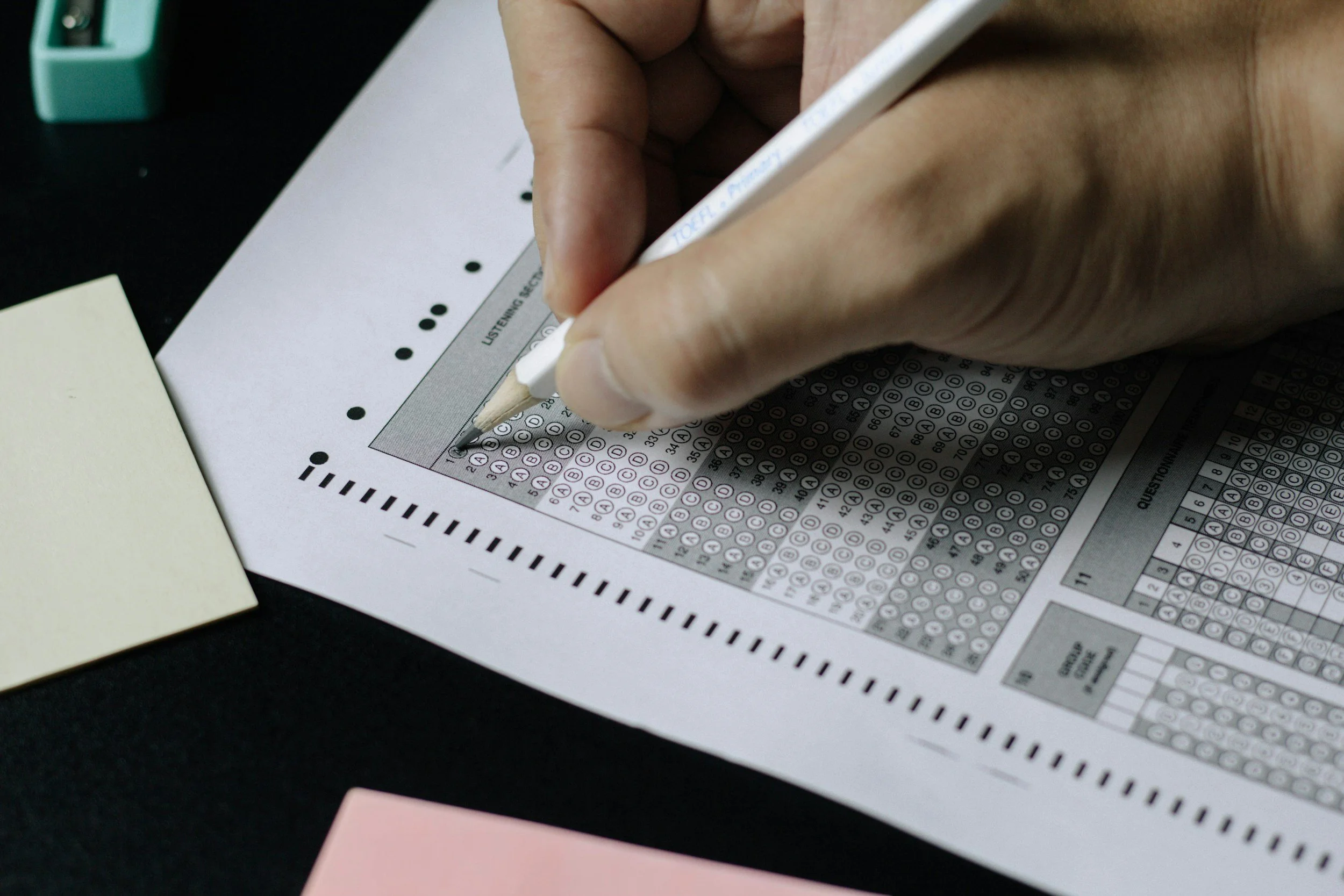Conquering Test Anxiety: Strategies for Success on the ASWB Exam
Test anxiety can be present in varying degrees, but the research shows that almost all people experience some level of test anxiety with 34% experiencing medium levels of test anxiety and 20% experiencing what was deemed high levels of test anxiety (1).
So if you too are experiencing test anxiety as you prepare for your ASWB licensing exam, you are in good company. Also, there are many things that you can do to manage your anxiety experience as well as ensure a successful test-taking experience.
Understanding Test Anxiety
The term “test anxiety” is a fairly common concept used to explain anxiety that is associated with taking an academic exam and has been identified to be associated with test takers who exhibit heightened levels of perfectionism and self-criticism, and have been reported to perform more poorly in standardized exams (2).
The symptoms of test anxiety can vary from cognitive symptoms such as racing thoughts and difficulty concentrating to physical symptoms such as racing heart rate, sweating, shaking, and even feelings of panic (3). Understanding your test anxiety experience is a key part of creating a viable plan to overcome test anxiety and optimize test performance.
Identify Triggers and Coping Strategies
Common triggers of test anxiety specific to the ASWB exam included fear of failure, time pressure, and the high stakes associated with licensure. Test takers need to address practical coping strategies for managing test anxiety such as correctly evaluating what is at stake for a pass or fail on the exam and positive self-talk. Additionally, many other strategies that social workers teach to clients daily, like deep breathing, progressive muscle relaxation, positive mantra usage, and grounding techniques can be employed to manage the stress of the test-taking experience.
More than that, test preparation has been researched to have a clinically significant impact on reducing test-taker anxiety (4). So your dedication and commitment to completing a comprehensive test prep program will contribute to your efforts to reeducate your test anxiety experience.
Establish a Relaxation Routine
Establishing a relaxation routine to manage anxiety before and during the exam can be an important aspect to test preparation. The benefits of incorporating relaxation techniques into daily practice, such as mindfulness meditation, visualization, or listening to calming music are well-researched. A clinically significant impact has been reported across multiple populations (5).
Practice Mindfulness and Stay Present
As the research notes, mindfulness can be an effective approach to managing anxiety and can be applied to test anxiety and assist test takers in staying present during the exam. Like anything, practice is important. We suggest developing a mindfulness practice and practicing mindfulness techniques, such as focusing on the breath, grounding techniques, and maintaining awareness of thoughts and sensations without judgment even throughout the test prep process as a means of establishing a well-defined set of skills to be used on test day. Ultimately, a successful test-taking experience is built upon the ability to stay present and focused on one question at a time to prevent overwhelm, reduce anxiety, and ultimately increase test results.
Utilize Time Management Techniques
If time limitations have been identified as a source of test anxiety, the test taker should acknowledge the importance of effective time management in reducing test anxiety and maximizing performance on the ASWB exam. These individuals should consider strategies for allocating time to each section of the exam, pacing themselves during the test, and utilizing breaks effectively. These techniques may include prioritizing questions, flagging difficult ones for later review, and avoiding time-consuming distractions, such as getting stuck on a single question.
Test anxiety is a common and normal experience for many test takers, and managing test anxiety is possible. We encourage readers to implement these strategies proactively and other stress management strategies to alleviate anxiety, increase confidence, and optimize their performance on test day.




